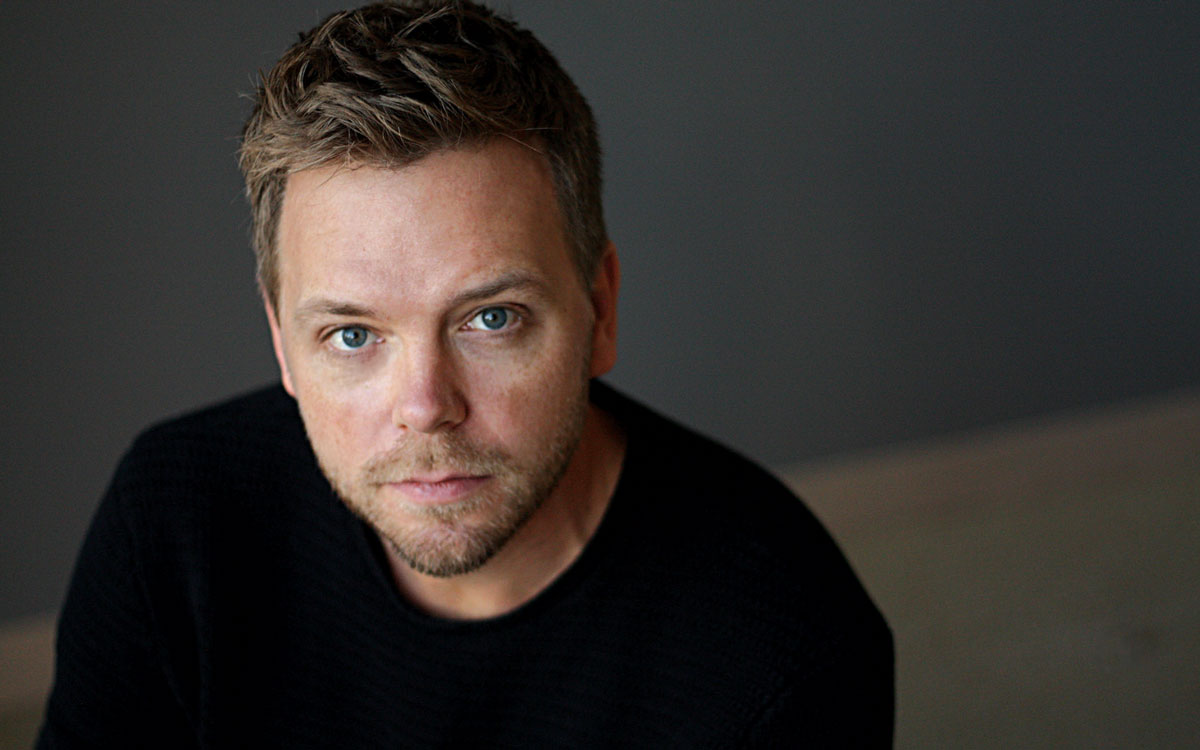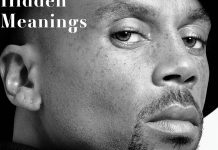
Photograph (c) Michael Lionstar
When Nathan Hill’s 640-page debut, The Nix, came out last fall, it garnered him comparisons to Thomas Pynchon, John Irving, and even David Foster Wallace. The sprawling, often satirical novel tells the story of Samuel Andresen-Anderson, a disgruntled college professor who spends more time playing video games than working on his book. When Samuel’s estranged mother suddenly pops up in the news for trying to assassinate a Republican politician named Sheldon Packer, he is forced to examine who she really is: the bored housewife who abandoned him in the 1980s or the political radical the media paints her as. Hill will read from the book at the Margaret Mitchell House on Monday, May 22. He spoke to us about the book’s political relevance, satire, and his next project.
You were mostly a short story writer before this. What was it like making the jump to a 600-plus page novel?
I really didn’t intend for it to be that long. Hilariously, I thought it was going to be a short story about a guy in the March 2004 protest of the Republican National Convention. I liked that image and had some strange idea the guy should talk to his mother about the march and his mother would say what he’d planned to do would be a failure because she did her own march that was a failure in the past. I don’t plot things out because when I do, my plots become very conventional and cliché. I really just try to surprise myself in the writing. I need to be true to the character and let emotions lead me. So then when it became this multigenerational mother-son thing, I thought, “Buckle up, this thing has some legs.” After years of working on it, I’m sort of embarrassed at length. The first draft was 1,000 pages. There were a lot of cul-de-sacs that never went anywhere, so I cut things that never belonged. The last edit, I went through the entire book with the goal of cutting one sentence per page.
How does the book fit into or respond to the current political climate? The politician Sheldon Packer feels very Trumpian.
I wrote that character based on certain type of conservative politician that has become very popular—but Packer is more absurd. Before November people asked me whether Sheldon Packer was inspired by Trump. It’s telling that people thought this character I’d created to be absurd was based off what was actually happening in 2016. Late in the book a media guru character named Guy Periwinkle tells Samuel, “What’s true? What’s false? In case you haven’t noticed, the world has pretty much given up on the old Enlightenment idea of piecing together the truth based on observed data.” If this election revealed anything, we’re living in two [spheres] that almost feel like opposite countries.
You satirize technology, like video games, in the book, but also seem to appreciate it in equal measure. How do you strike that balance?
A subject becomes interesting to me when I don’t know exactly how I feel about it. It would be heavy-handed to just mock video game players. My own relationship with video games is really conflicted. I played a lot of World of Warcraft during a difficult time of my life. I was flailing at writing, then all of my possessions were stolen in New York City. When I got my new computer, a friend got me into Warcraft. I was failing [at everything else], but at night I could play this game and be really good at it. It was a little self-esteem boost, a way of having some control over my world. But I played way too much and was embarrassed to be spending so much time [doing something that is also beloved] by 12-year-olds.
Samuel at beginning of novel amplifies some of the darker places in my mind. When I was an adjunct composition professor resentful of my students, I felt very sorry for myself. I gave a lot of that sourness to Samuel. But a lot of that resentment was of my own creation. I went from resenting students for being on their devices during class to trying to understand them.
Was that resentment the source of the critique of the student who doesn’t think it’s wrong to plagiarize?
I had just started teaching at Florida Gulf Coast University. There wasn’t a semester that went by when I didn’t find someone plagiarizing. That character came along as a straw man first; then she became kind of interesting. I thought, “Why does she feel like it’s right to plagiarize?” That led me to a character I really like, who connected to the themes in the book: people unable to communicate with each other who are living in worlds of their own creation, the polarization of our bubbles. From the outside, plagiarism doesn’t seem right at all, but it does when someone is living in a bubble they created for themselves.
How have you honed your satirical voice?
When I was writing [the sections that take place in the 1960s and 1980s], I didn’t know it was going to be a funny book because those sections are quite dramatic and melancholy. But in the present day, I really shifted gears. Satire comes from me just noting things that seem ridiculous and pointing them out. The Pleisto diet [only letting yourself eat foods that were available in the Pleistocene era] I mention in the book is something people actually do.
You put so much of your personal interests and life into this book. Where do you go next?
I usually take something very fictional and then surround the character with something very real from my life or my friends’ lives. But it’s not based on anything. I had to explain this to my mom: The mother in The Nix is a cold and hurtful person, but my real mom is warm, generous, and delightful.
I’m in the beginning stages of another novel. It’s about a marriage and authenticity and gentrification and maybe the 1990s. It’s set in Chicago again. My wife and I have been going to Chicago for the summers and [when you travel that often,] you become really aware of the changes a city experiences year to year. That’s what got me interested in gentrification.













